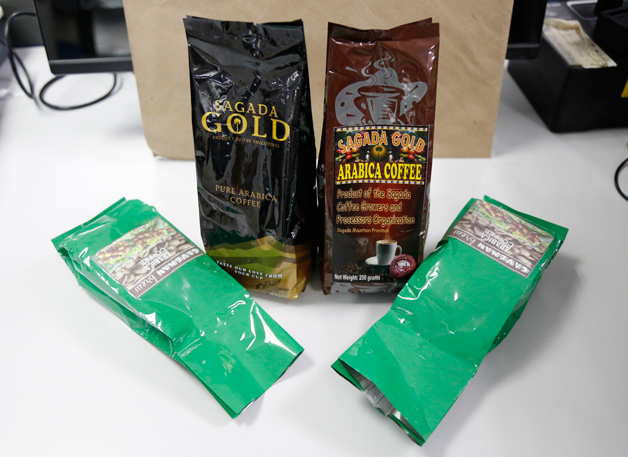BREWING HOPE FOR THE FUTURE
Jennifer Rimando’s love for coffee farming started when she was just 12 years old. Jennifer’s grandfather, whom everyone called ‘Ola’, would bring her to their small coffee farm.
At that tender age, Jennifer was already assisting her grandfather in running a small coffee farm. “Coffee is not something new here. People would grow coffee at their own backyards,” Jennifer shared.
“We were surprised that people were drinking 3-in-1 coffee instead of the healthy brewed coffee,” said Jennifer who related her grandfather’s observation which served as a trigger for them to set up a coffee farm, so the locals would have enough for their personal consumption.
Jennifer, now 36 years of age, continued her love for coffee farming and established Ola Farms in 2009.
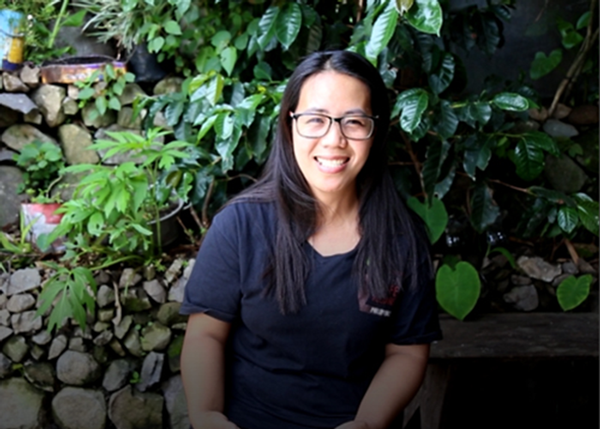
Sowing seeds
“Coffee farming is like taking care of a child. It takes time. But if you take care of your coffee farm well, you will certainly reap the rewards,” said Jennifer who waited for three years to harvest her first set of coffee beans from Ola Farms.
On the average, growing coffee might take three to five years before one can reap the initial set of coffee beans.
Even before setting up Ola Farms, Jennifer had been attending trainings and seminars relevant to coffee growing and business management.
It was her grandfather that would always ask Jennifer to attend seminars, including those sponsored by the Department of Trade and Industry (DTI). She made sure to remember all of the lessons taught, so they would be able to apply it in their own farm.
From the first harvest that only reaped a half sack of coffee parchment, Ola Farms has gone a long way not just in terms of production but also in empowering coffee farmers within and outside the province.
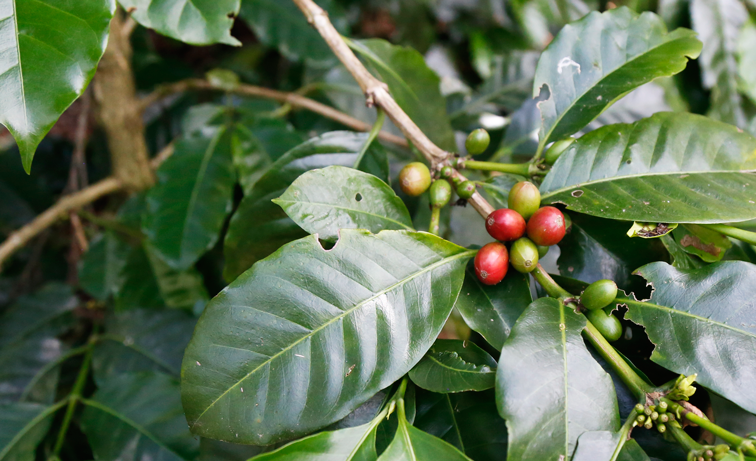
Jennifer registered Ola Farms as an agricultural training institute and works closely with relevant government agencies such as DTI and the Technical Education and Skills Development Authority (TESDA).
“We cater to those who prefer to learn by doing. These student farmers are often intimidated with the classroom setting, so we need to adjust our means of teaching them—no big screen, no projector,” Jennifer noted.
Reaching out to young people
Jennifer spends most of her time sharing the wealth of knowledge she has accumulated through the years.
“We are now trying to reach out to young people and encourage them to try coffee farming,” said Jennifer.
She takes pride on how their students are taught at Ola Farms. Those who want to know about coffee farming learn it in 29 days. Those who already have prior knowledge may finish the course at a shorter period, said Jennifer.
“Our farm school does not follow a formal structure. Some of our trainees even bring their children since there’s no one to take care of them at home. And this set up makes them more comfortable to learn,” she shared.

Ola Farms also works closely with TESDA, which offers scholarships to those who want to pursue a career in coffee farming and production, and offers to pay the fee for 46 students at Ola Farms per year.
Many are actually willing to pay in exchange of learning about coffee farming, according to Jennifer.
Hurdles along the way
Like any other business, coffee farming has its risks, too.
“Natural disasters is something that we do not have control of. But we can always mitigate the risks,” said Jennifer.
She added that this could be among the reasons, too, why others are not interested in farming in general. “If we will plant more trees, then we can help reduce the risks of natural calamities,” she noted.
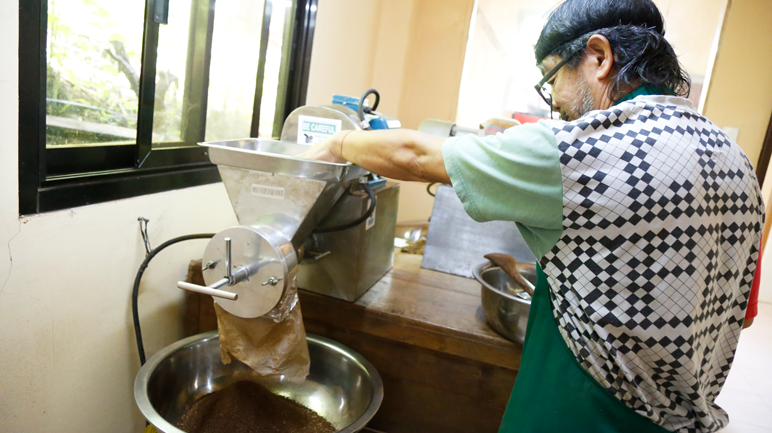
Aside from typhoons, forest fires also serve as threat to farmers. But for Jennifer, this problem has a corresponding solution, too. “We built firebreakers to protect us from forest fires,” she shared.
There was a time, however, when the fire break was not able to protect the farm because of the wind. But this did not dampen Jennifer’s passion for coffee farming and production and managed to go back to normal operations again.
Assistance from DTI
Jennifer has been been grateful to DTI for the opportunities that opened because
of the trainings and seminars that she attended.
Jennifer attended the Kapatid Mentor ME (KMME) Program, which taught her the business management aspect of running the farm. She noted that this is important as knowing how to grow coffee is not enough. Through the KMME Program, she also learned the basics of people management, which is important in running the business.
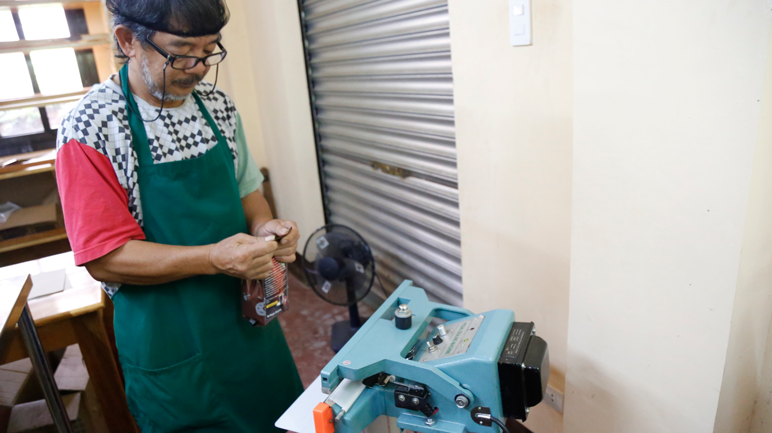
Jennifer also attended DTI’s Seed to Cup training, which helped her a lot in acquiring the technical know-how of coffee growing.
Ola Farms also benefited from the Shared Service Facilities (SSF) program of DTI.
Aside from trainings and seminars, Jennifer gladly shared that Ola Farms has also been
invited to several trade fairs, where they would often get bulk orders from buyers.
There was a time when Jennifer was even sent to Italy to represent the Philippines in the International Food Exhibition which was organized by the Center for International Trade Expositions and Missions, an attached agency of DTI. It was an opportunity for Jennifer to promote not just her business, but the high-quality coffee of the Philippines as well.
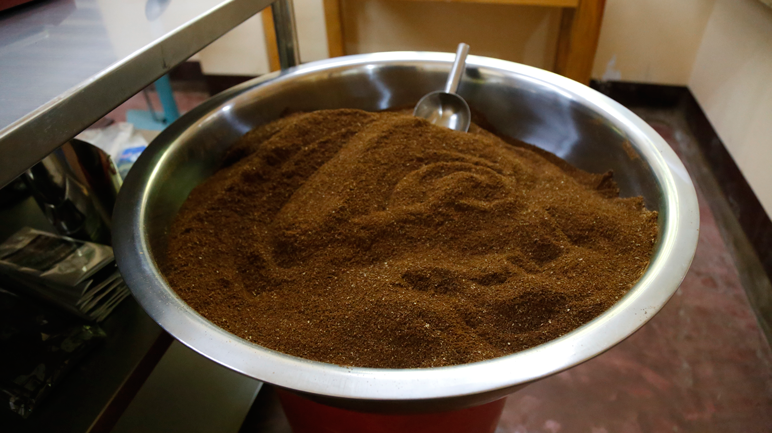
Moving Forward
At its current scale, Ola Farms can only accommodate 20 students per class. Jennifer wishes to expand and accommodate more to be able to promote the benefits of coffee growing.
To solve the challenge of manpower, Jennifer hopes to offer Ola Farms as an agri tourism site as well. “Tourists can have free accommodation in exchange of their services in the farm,” said Jennifer. She added this is also a way of promoting the beauty of coffee farming among tourists.
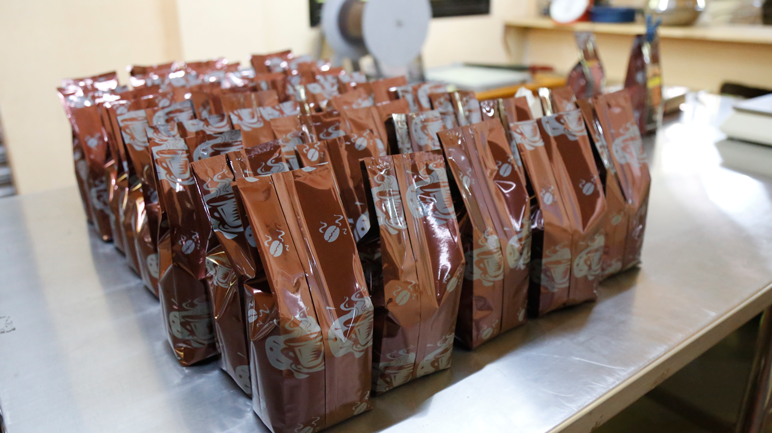
Jennifer also highlighted the importance of maintaining a good relationship with customers. If there are complaints, the business owner should always be there to listen and take action.
“If you want to succeed, you need to pursue your passion. Do not give up easily. Every problem has a solution,” she ended.
